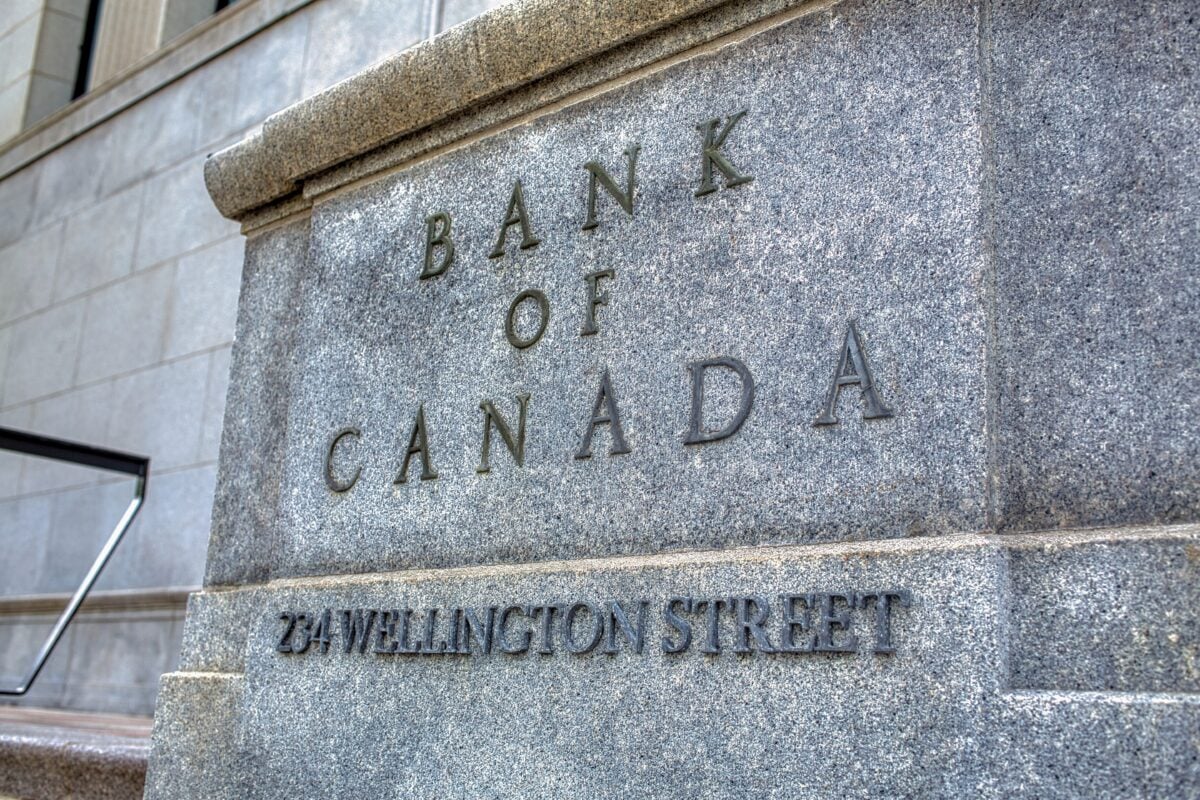Key Points:
-
Canada is expected to introduce stablecoin rules in its upcoming budget, following the U.S. GENIUS Act model for regulated, fiat-backed digital tokens.
-
The Bank of Canada has urged faster action to modernize payments and reduce risks associated with unregulated crypto assets.
-
The initiative could position Canada as a regional leader in stablecoin compliance, fostering innovation while ensuring investor protection.
Canada is preparing to introduce new rules for stablecoins in its upcoming federal budget — a move signaling Ottawa’s intention to modernize payment systems and align with the United States’ recent regulatory advances under the GENIUS Act.
According to a report from Bloomberg, Canadian officials have been meeting with regulators and industry leaders for several weeks, with an update on digital asset legislation expected as early as November 4, when Finance Minister François-Philippe Champagne unveils the budget.
The shift could place Canada among the first G7 economies to follow Washington’s comprehensive stablecoin framework, underscoring growing recognition that digital fiat-backed tokens are becoming a central pillar of the global financial system.
Regulatory Modernization and the Global Stablecoin Race
The initiative comes amid calls from the Bank of Canada to accelerate regulatory clarity for digital assets. The central bank has warned that Canada risks falling behind the U.S. and the EU in developing frameworks for crypto payments and digital currencies.
“Governments are moving to regulate stablecoins and other cryptocurrencies so consumers can reap their benefits and be protected from credit and liquidity risks,” said Ron Morrow, Executive Director of Payments Supervision and Oversight at the Bank of Canada.
While Canada currently lacks a dedicated legal structure for stablecoins, existing securities and derivatives laws may apply to certain tokens. The only significant Canadian-dollar–pegged stablecoin is QCAD, issued by Stablecorp, backed 1:1 by fiat reserves. However, U.S. dollar–denominated assets — particularly USD Coin (USDC) — dominate the Canadian market following the 2023 discontinuation of Tether (USDT) support by several domestic platforms.
Globally, US dollar–pegged stablecoins now represent over $300 billion in total circulating value, with USDC and USDT accounting for more than 90% of market share.
Following the U.S. GENIUS Act Blueprint
The GENIUS Act, passed by the U.S. Congress in June under President Donald Trump, established a formal regulatory regime for fully collateralized, dollar-backed stablecoins. It includes provisions for anti–money laundering safeguards, regular audits, and capital transparency requirements. The law is slated to take effect in January 2027.
Canada’s forthcoming policy is expected to mirror parts of the U.S. framework, emphasizing reserve verification, liquidity standards, and consumer protection.
Analysts suggest Ottawa’s decision reflects a strategic effort to attract fintech innovation while maintaining a risk-averse posture toward unbacked digital assets. “Stablecoins are no longer just a crypto experiment — they’re becoming infrastructure,” said Claire Liu, a policy analyst at FinReg Insights. “Canada’s adoption of a MiCA- or GENIUS-style model would provide a clear signal to investors and payment providers.”
Investor Sentiment and Market Implications
The Canadian crypto community has reacted cautiously optimistic. While stablecoin regulation could unlock institutional participation, some fear overly stringent measures might stifle innovation or limit market diversity.
Data from CoinMetrics show that stablecoin transaction volumes in Canada have increased over 150% year-to-date, driven by cross-border commerce and remittance activity. The country’s crypto ownership rate — estimated at 13% of adults — continues to climb, suggesting growing demand for regulated digital payment options.
“Investors want clarity, not constraint,” said Thomas Lemieux, head of compliance at a Toronto-based exchange. “If Canada harmonizes with the U.S., it could boost confidence and accelerate the rollout of homegrown stablecoins.”
The Road Ahead: Balancing Innovation and Oversight
As the federal budget approaches, Canada’s decision will shape the country’s digital finance trajectory for years to come. A well-designed regulatory framework could strengthen the Canadian dollar’s digital relevance while fostering responsible innovation in fintech and decentralized finance (DeFi).
Yet the challenge will be striking the right balance — ensuring consumer protection without impeding market growth. Should Ottawa deliver a pragmatic framework next week, it would mark a defining step toward positioning Canada as a credible participant in the next phase of global digital currency regulation.
Comparison, examination, and analysis between investment houses
Leave your details, and an expert from our team will get back to you as soon as possible













Leave a comment